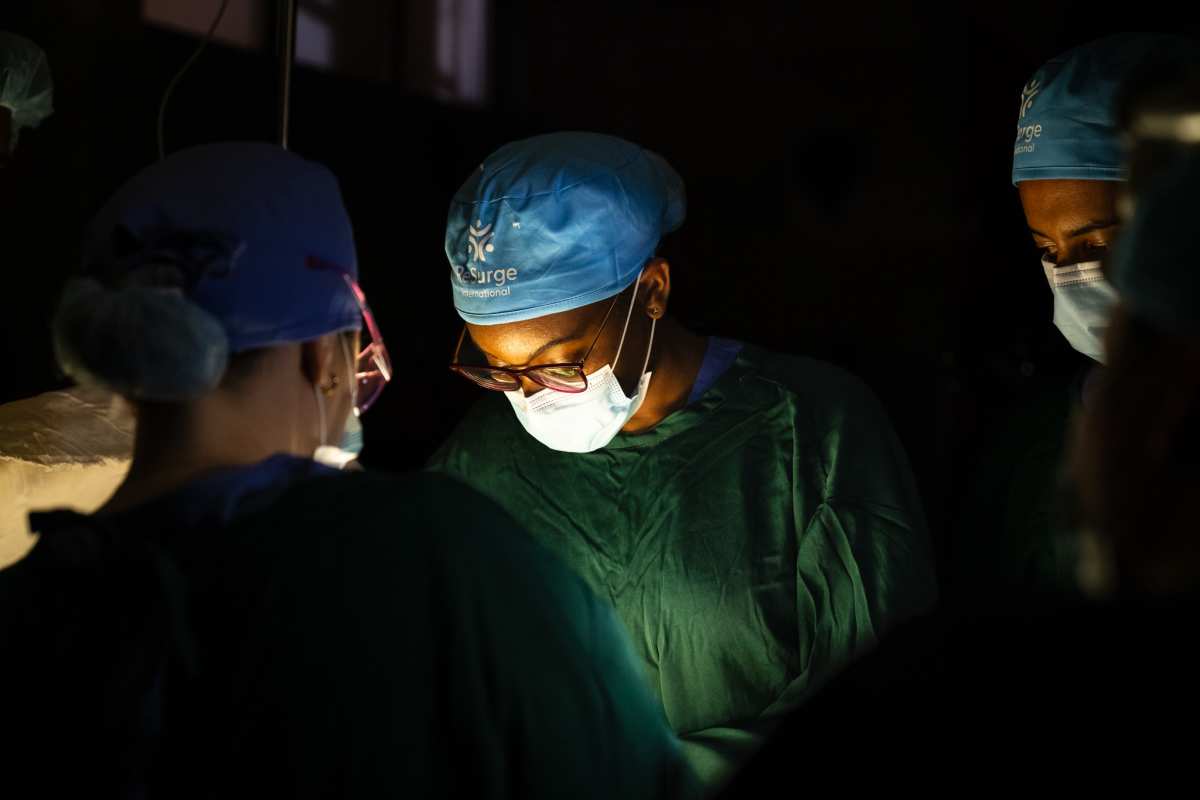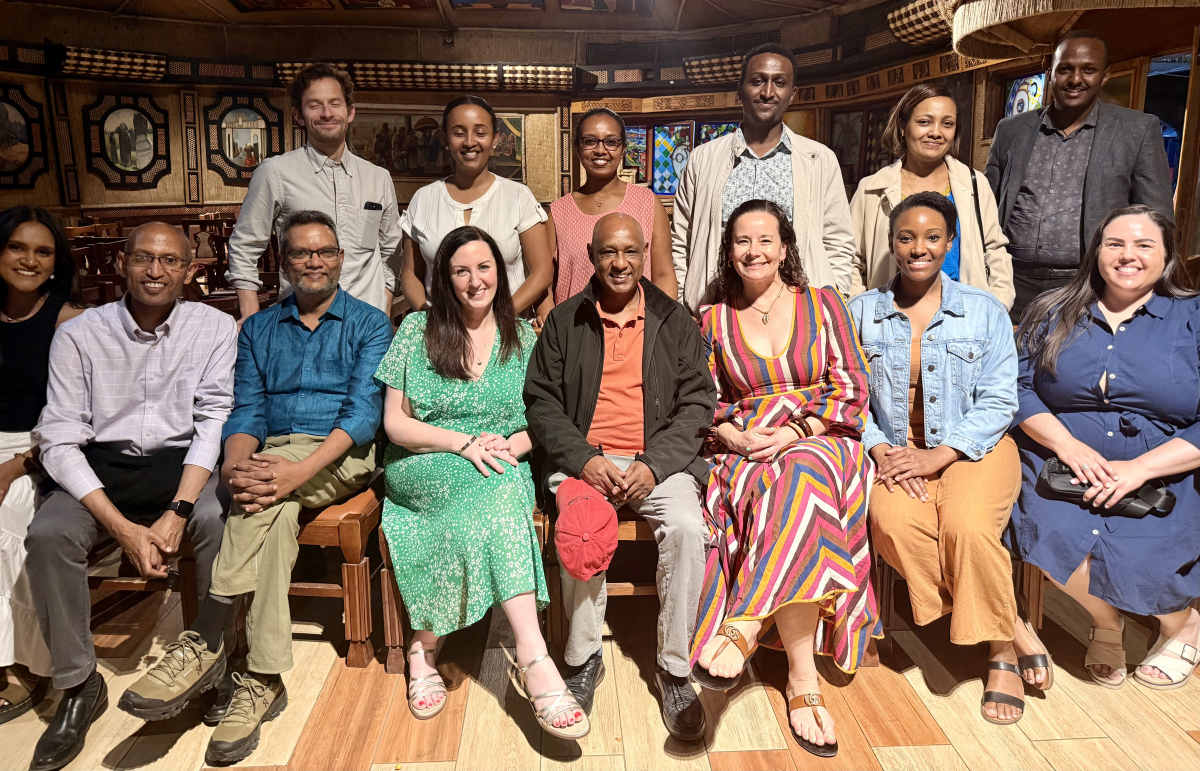We are planning to host a comprehensive microsurgery workshop in Addis Ababa, Ethiopia, aimed at training resident surgeons on the principles and techniques of microsurgical reconstruction, as part of an ongoing effort to establish a reconstructive microsurgery program at ALERT Hospital. The workshop will include hands-on training and interactive sessions to build foundational skills and will cover topics ranging from surgical indications, choosing flaps, preoperative planning, microsurgical technical skills, post-operative management and complications. Following the workshop, we will collaborate with local plastic surgeons to perform selected complex reconstruction cases, fostering practical learning opportunities. Our ultimate goal is to equip Ethiopian surgeons with the knowledge and skills to independently manage complex reconstruction cases, enhancing local surgical capacity and improving patient care.
This trip will benefit multiple groups, starting with local Ethiopian surgeons who will gain hands-on training in advanced microsurgical techniques, building the skills needed to perform complex reconstruction cases independently. We are focusing on this population because microsurgery is a fundamental component of reconstructive surgery, yet it remains largely nonexistent in Sub-Saharan Africa due to limited access to specialized training. Both the patients we care for during this trip along with countless others with post-traumatic and oncologic soft tissue defects in Ethiopia will benefit from this specialized care and improved access to complex procedures over time. The healthcare system will also see lasting improvements by strengthening surgical capacity and reducing the need for referrals abroad. Additionally, international surgeons like myself will have the opportunity to contribute to global surgical education, collaborate on challenging cases, and engage in meaningful cross-cultural learning experiences.
The anticipated impact of this trip is to significantly strengthen surgical capacity in Ethiopia by equipping local surgeons with advanced microsurgical techniques for complex reconstructive cases. Through hands-on training in the workshop and practical experience with real clinical cases, participants will develop the skills and confidence to perform these challenging procedures independently. This knowledge will be reinforced through ongoing collaboration with local plastic surgeons, who will serve as mentors and resources for their peers. By fostering a self-sustaining network of skilled microsurgeons, this initiative aims to enhance patient care, advance surgical education, and reduce long-term reliance on external expertise.






In partnership with ALERT Comprehensive Specialized Hospital and ReSurge International, I had the privilege of participating in a weeklong international surgical outreach trip to Addis Ababa, Ethiopia. The overarching goal of the trip was to engage with local plastic surgeons and surgical trainees through hands-on collaboration in microsurgical reconstruction, as well as didactic education and skills exchange.
Throughout the week, our team worked closely with Ethiopian plastic surgeons and their residents, fostering an environment of mutual learning and mentorship. Together, we successfully performed two complex free flap procedures—one for oncologic breast reconstruction and one for post-traumatic lower extremity reconstruction. These cases allowed us to teach microsurgical technique and perioperative management while adapting to the realities of a resource-limited environment.
In addition, we performed three non-microsurgical chest wall reconstruction procedures. These cases further strengthened our collaboration with the local surgical teams, offering valuable opportunities to reinforce foundational reconstructive principles and surgical planning in real time.
Education was a key component of the mission. Our team led multiple interactive didactic sessions covering topics such as breast reduction planning, perforator flap anatomy, operating room setup for microsurgical cases, and strategies for flap monitoring and postoperative care. These sessions were well-received and provided an important platform for two-way knowledge exchange.
Outside of the hospital, we had the opportunity to explore the rich culture of Addis Ababa—sampling traditional cuisine, enjoying the local coffee, and learning more about the history and vibrancy of the city.
This experience was deeply rewarding and humbling. It was an honor to work hand-in-hand with local surgeons who display incredible dedication and ingenuity in the face of limited resources. The gratitude of the patients we treated was moving, and the opportunity to contribute to sustainable surgical education and care was a profound reminder of the power of international collaboration in advancing global reconstructive surgery.